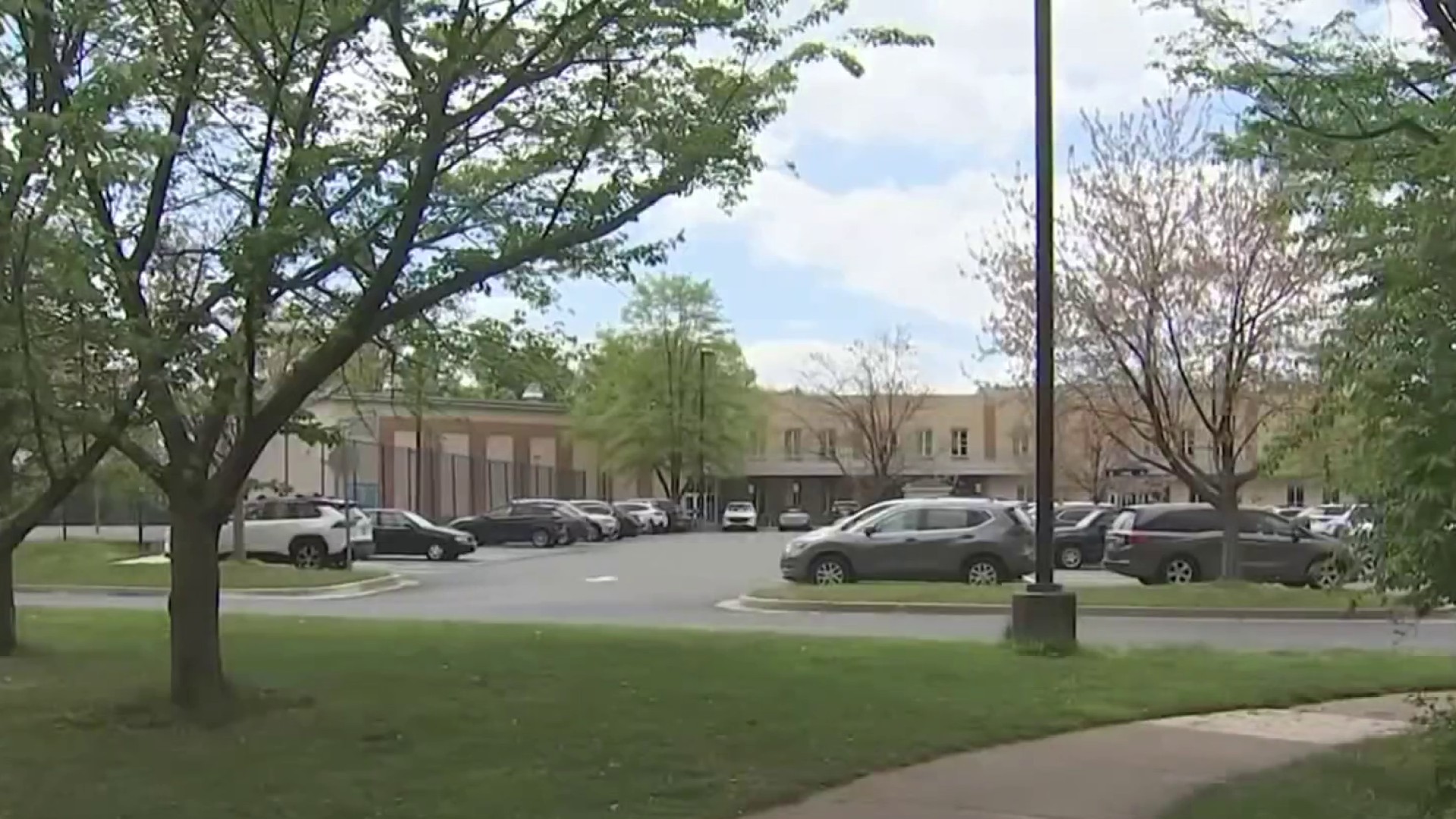Anyone who falsely claims their dog is a service dog now can be fined in Virginia.
A law that went into effect July 1 makes it illegal to fit a dog with a harness or other signage "commonly used by a person with a disability" in order to represent the animal as a service dog.
Anyone found in violation of the law can be fined $250.
The legislation was inspired by Marty van Duyne, a Virginia woman who uses a service dog.
Van Duyne said she attended an event in 2015 at which she was asked to bring the red vest of her previous service dog, who had recently died.
At the event, someone asked if she would lend them the dog's vest. When she asked what the person's disability was, they told her that they had none.
"I was flabbergasted that someone would ask me to do that," van Duyne said. "You don't ask someone to borrow crutches to pretend to be hurt. You don't do that."
Local
Washington, D.C., Maryland and Virginia local news, events and information
In reaction, van Duyne contacted Sen. Bryce Reeves of Virginia's 17th District. Reeves previously had introduced legislation to expand the legal definition of service dogs to include those who help people with post-traumatic stress disorder.
"I knew Sen. Reeves would be able to help," van Duyne said. "He had a working knowledge of ADA [Americans with Disabilities Act] laws."
Reeves, who had heard stories of such problems from veterans and other constituents, agreed to introduce the bill, alongside Del. Mark Cole.
Sam Azzarelli, the communications director of the Revitalize Virginia PAC, said that Reeves introduced the legislation because he believes that "people with a true need for service dogs deserve respect."
After several drafts and changes in language, the bill was passed. All revenue gathered from fining owners of fake service dogs will go to the Literary Fund of Virginia, the law says.
However, the actual enforcement of the law is unclear. It is currently against the law to ask for certification of a service animal.
Azzarelli and van Duyne said that the law is aimed more at deterrence than for punishment.
"I'm hoping it will serve as a deterrent, so that someone will think twice before doing this," van Duyne said.



